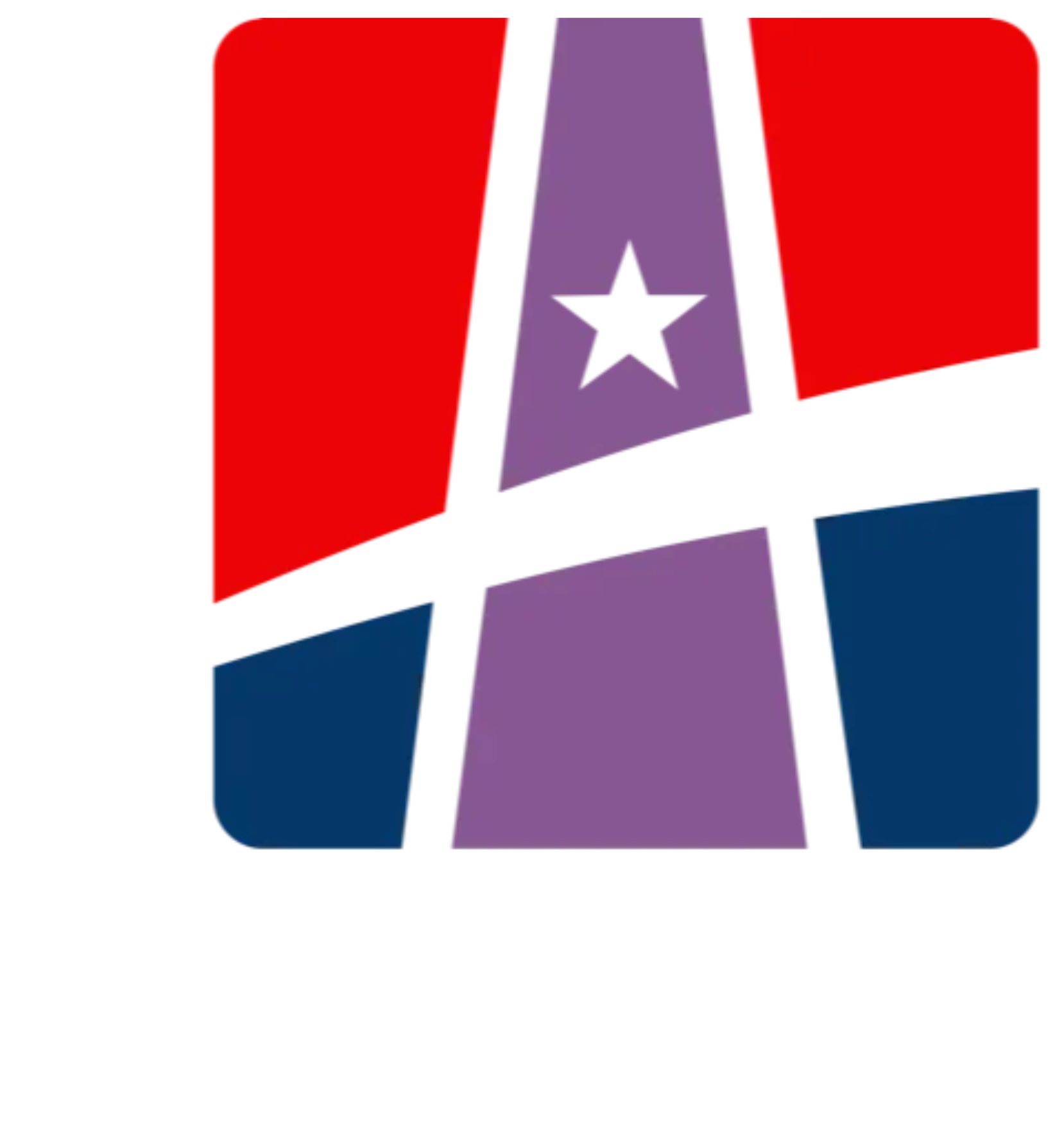Dialogue Policing Initiative
Dialogue policing is a method of law enforcement that focuses on communication and engagement with the public to manage social conflicts and maintain order effectively. It emphasizes building trust between police and community members by creating open communication channels, fostering collaboration, and promoting understanding. The approach aims to reduce tension, prevent escalation of conflicts, and ultimately improve the relationship between law enforcement and the public.
Rev. Dr. F. Willis Johnson will be facilitating the collaborative work of community stakeholders and a select group of Columbus Police Department Dialogue Officers as it is scaled and amplified through an intensive cohort-style community engagement initiative that is now underway and will continue for the next six months.
The crux of dialogue policing promotes communication, mutual respect, and trust between protesting groups and law enforcement officers.
The initiative will use an approach for interfacing the activist, community, the police, and other socio-democratic groups during First Amendment activities that includes:
- Establishing Open Lines of Communication: Policing officials need to prioritize open channels of communication between themselves and protest organizers to keep interactions honest, purposeful, and proactive.
- Humanizing Approach: Officers should avoid militaristic or overpowering tactics. Instead they should embrace a more compassionate posture that humanizes law enforcement officers and protesters.
- Contingency Planning: Police should collaborate with event organizers to identify potential risks or hazards while developing appropriate response plans that respect participants' rights.
- Empathy Training for Law Enforcement: Empathy training should be a fundamental component of police education programs in order to strengthen understanding and rapport between officers and protesters.
- Proactive Engagement: Regular meetings or forums between law enforcement, community members, and activists to address concerns or emerging issues are essential in promoting dialogue, establishing relationships, deterring miscommunication, and allowing for greater oversight.
Dialogue policing dares to better protect the rights enshrined in the First Amendment while fostering positive engagement between diverse groups. Dialogue policing represents an opportunity to rethink conventional law enforcement strategies and proactively support citizens in expressing their democratic rights safely and peacefully.

